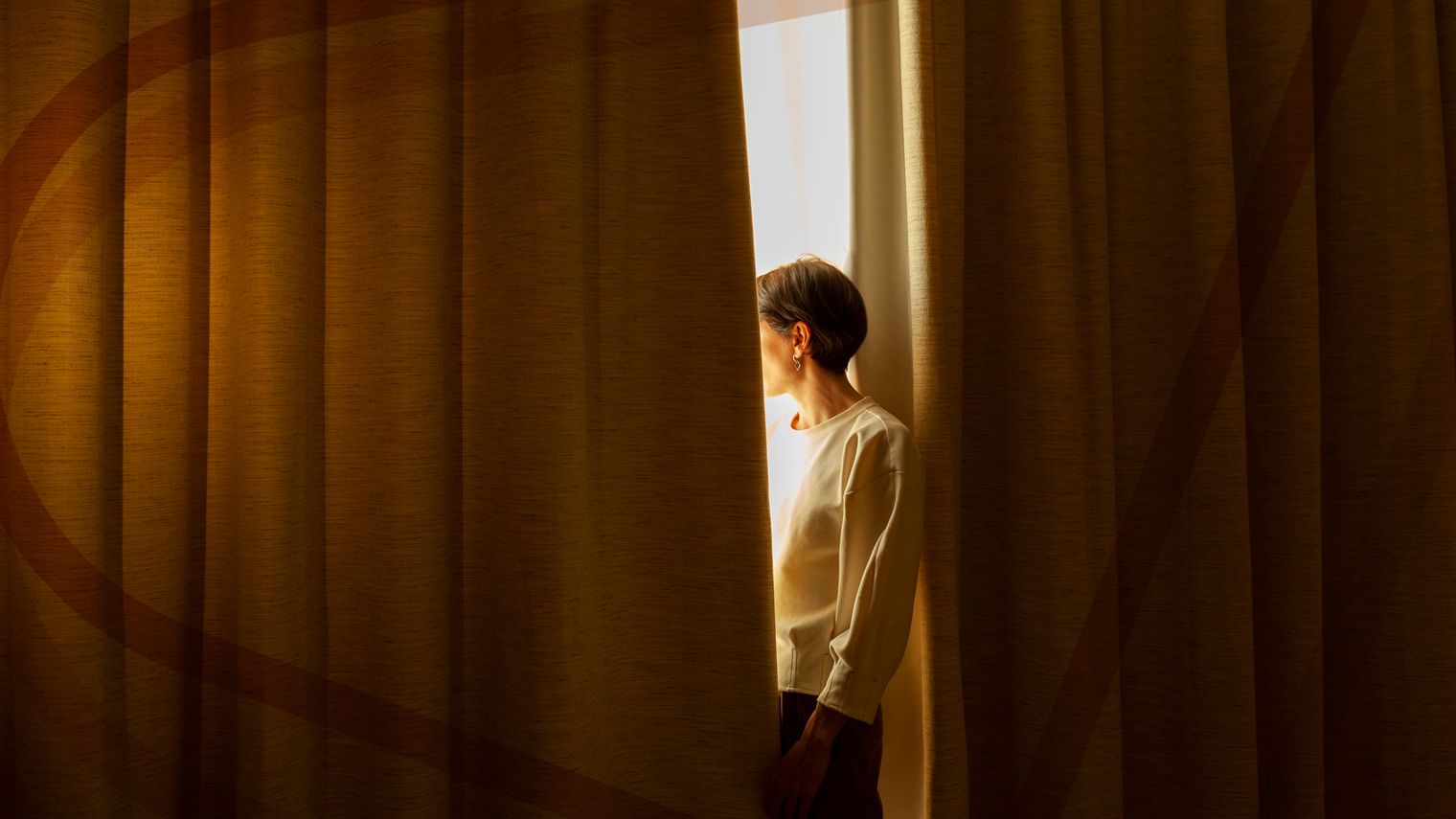How the Invisible Symptoms of MS Amplify My Loneliness
April 08, 2024
Content created for the Bezzy community and sponsored by our partners. Learn More

Photography by Ulas&Merve/Stocksy United
It’s easy to feel misunderstood or left out when your multiple sclerosis (MS) symptoms aren’t relatable — or even visible — to others.
I’m pretty lucky. I have support all around me: a husband, son, parents, friends.
Living with the invisible effects of an illness like MS can be challenging, and if I’m having a hard day and need to vent or cry, I have plenty of people in my world who will be there for me.
I’m grateful for this.
And yet, the truth is inescapable.
MS can be an incredibly lonely disease.


But first, the good news
I definitely have reasons to feel grateful that my MS is invisible. For starters, the fact that no one can see that I have an illness means that I’m doing relatively well. It means that my medication is working, and time has been good to me. Many others aren’t so fortunate.
So, if MS has taught me anything, it’s been to focus on the half-full glass, the sun coming out tomorrow, and all those other overly optimistic aphorisms. Here are some other, more concrete reasons why it’s easier to live with a disease that’s invisible:
- You can go to your neighborhood summer block party in peace: I’m an introvert. The last thing I want to do is invite strangers to comment on my health. I’ve heard enough stories about miracle diets, serums, and mind-body practices to last a lifetime. Thank you, but no, I don’t want to speak with your cousin’s friend’s sister. I’m on it.
- You blend in with your co-workers: People have their own reasons for disclosing their MS to an employer — or not — but I like that the decision is up to me. I can weigh the pros and cons. I can consider the personalities and politics. The choice to reveal my MS at work is mine.
- Pity isn’t my thing: I know a lot about MS. I know it can be a lousy disease, and I know what can happen to me. I don’t need to hear your take on it. I don’t want to have to reassure you that I’m doing OK.
The loneliness of secrecy
And yet, of course, with the invisibility of my disease comes a struggle, too.
That neighborhood summer block party? Well, if I’m too tired to attend, I must stay home — alone. If I do attend, but it’s too hot outside, I must leave early — alone. If I desperately need to use a bathroom, I must rush home — alone.
But truthfully, it’s not the geographic loneliness that’s so difficult for me (remember, introvert here), but rather the discrepancy between how I look on the outside (antisocial? withdrawn? rude?) and how I feel on the inside (fatigued, weak, aching).
Many of us may recall a well-meaning friend telling us, “But you look so good!” as we battle a laundry list of bothersome (invisible) symptoms. The loneliness that comes from physical isolation is nothing compared with the emotional loneliness that comes from being misunderstood.
The loneliness of experience
And then, there’s the loneliness of dealing with a discomfort every day that others have never faced in their lives.
“My legs hurt,” I tell my husband.
“Hurt” isn’t the right word.
When it’s especially bad, I try to be more precise:
“It feels like my bones have been crushed.”
“It feels like my bladder has a searing toothache.”
“It feels like someone has cut off circulation to my foot.” (Once, I even half-jokingly asked him to buy me a cleaver. If I can’t feel my toes, why do I even need them?)
But none of those descriptions feel on point, either. There are no words that fit, I decide, and I stop trying to explain.
There I am again, alone in my experience.
The loneliness of silence
It’s a winter Friday night, and my husband and I sprawl out on the sofa, reading, playing a game, or watching a movie while the fireplace roars. Lincoln, our new mutt rescue, cuddles between us. It doesn’t get much better than this for me.
But then, my legs begin to throb. Or my toes go numb. Or this, or that, or the other.
I don’t want to complain again. I don’t want MS to take over tonight.
So, sometimes, I stay silent.
Yes, I feel the love of my husband. Yes, my dog makes me smile, and the fire keeps me warm.
But also, yes, inside, the loneliness can be suffocating.
Living with the loneliness
Still, I go back to where I started. I’m pretty lucky.
I have people in my life who care for me deeply and a disease that, for now anyway, is stable.
And who among us doesn’t have secrets that they keep from the world? Or even from those we love, temporarily, when the fireplace is crackling just right?
Who among us is fully understood by everyone around us?
Yes, having an invisible disease can be lonely sometimes.
But life can be lonely sometimes.
So, I think of that half-full glass and hope tomorrow is better.
Medically reviewed on April 08, 2024


Like the story? React, bookmark, or share below:
Have thoughts or suggestions about this article? Email us at article-feedback@bezzy.com.
About the author